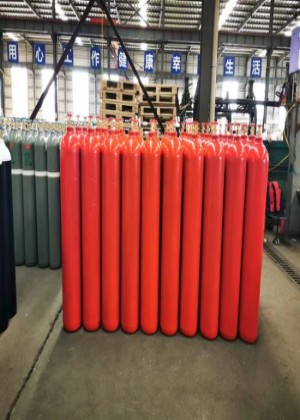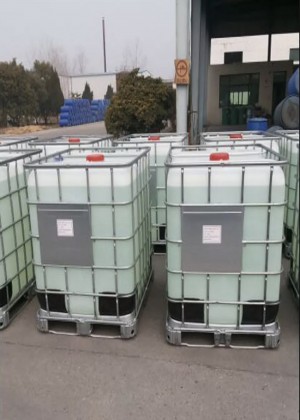
Dehydrogenation
Dehydrogenation Is A Chemical Reaction That Involves The Removal Of Hydrogen Atoms (dehydrogenation Means "removal Of Hydrogen") From A Molecule. This Process Typically Results In The Formation Of A Double Bond Or Other Forms Of Unsaturation In The Molecule.
Dehydrogenation Reactions Are Common In Organic Chemistry And Are Often Catalyzed By Specific Enzymes Or Catalysts. These Reactions Are Important In Various Industrial Processes, Such As In The Production Of Plastics, Fuels, And Pharmaceuticals. They Can Also Occur In Biological Systems As Part Of Metabolic Pathways Or Enzymatic Processes.
For Example, The Dehydrogenation Of Propane (C3H8) Can Result In The Formation Of Propene (C3H6):
C3H8 → C3H6 + H2
In This Reaction, A Hydrogen Atom Is Removed From Propane, Resulting In The Formation Of A Double Bond Between Two Carbon Atoms In Propene.
Product Description
Hot Sale HTDEH-10 Dehydrogenation Catalyst With Good Quality
description:
HTDEH-10 Dehydrogenation Catalyst
Catalyst HTDEH-10is Mainly Used For Dehydrogenating Of NC10-C14 Alkane To Alkene.
Physical And Chemical Properties:
| Pt Content Wt% |
≥0.40 |
|
Bulk Density |
0.28-0.40kg/l |
|
Specific Surface Area: |
100-160m2/g |
|
Total Pore Volume: |
1.0ml/g Min |
|
Particle Size: |
Ф1.3-2.2mm |
Activity Level: The NC10-C14 Alkane Is The Feedstock, In The Condition Of 0.14 MPa Pressure, H2/nC10-C14= 6(mol), Space Velocity 20 Hr-1 (volume), The Initial Temperature 475ºC, The Conversion Ratio Can Reach 12%-13%, The Selectivity Is About 90%,. The Terminal Temperature Is 495ºC. The Catalyst Has Been Used In The Industrial Plant, The Performance Can Reach International Advanced Level!
Package: Drums Or According To Customer's Requirement.




